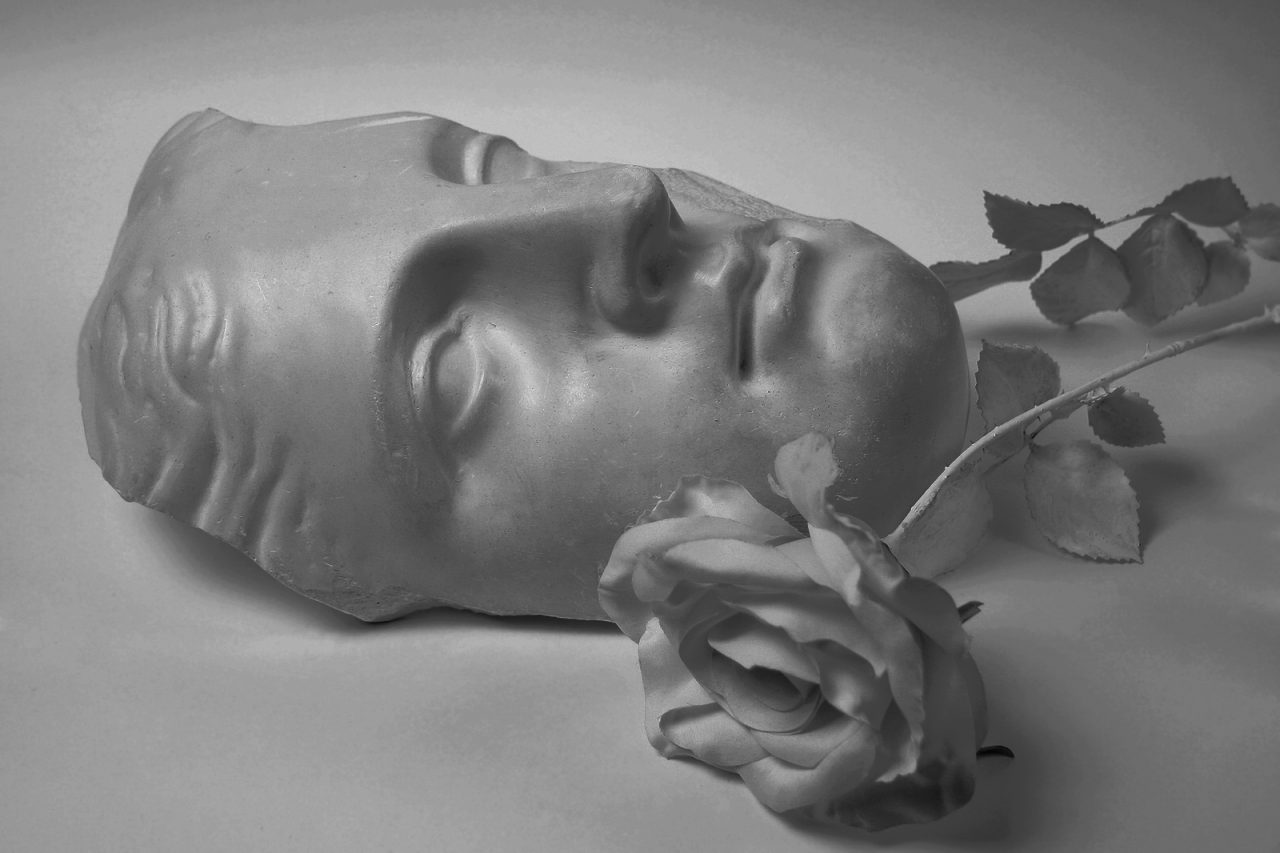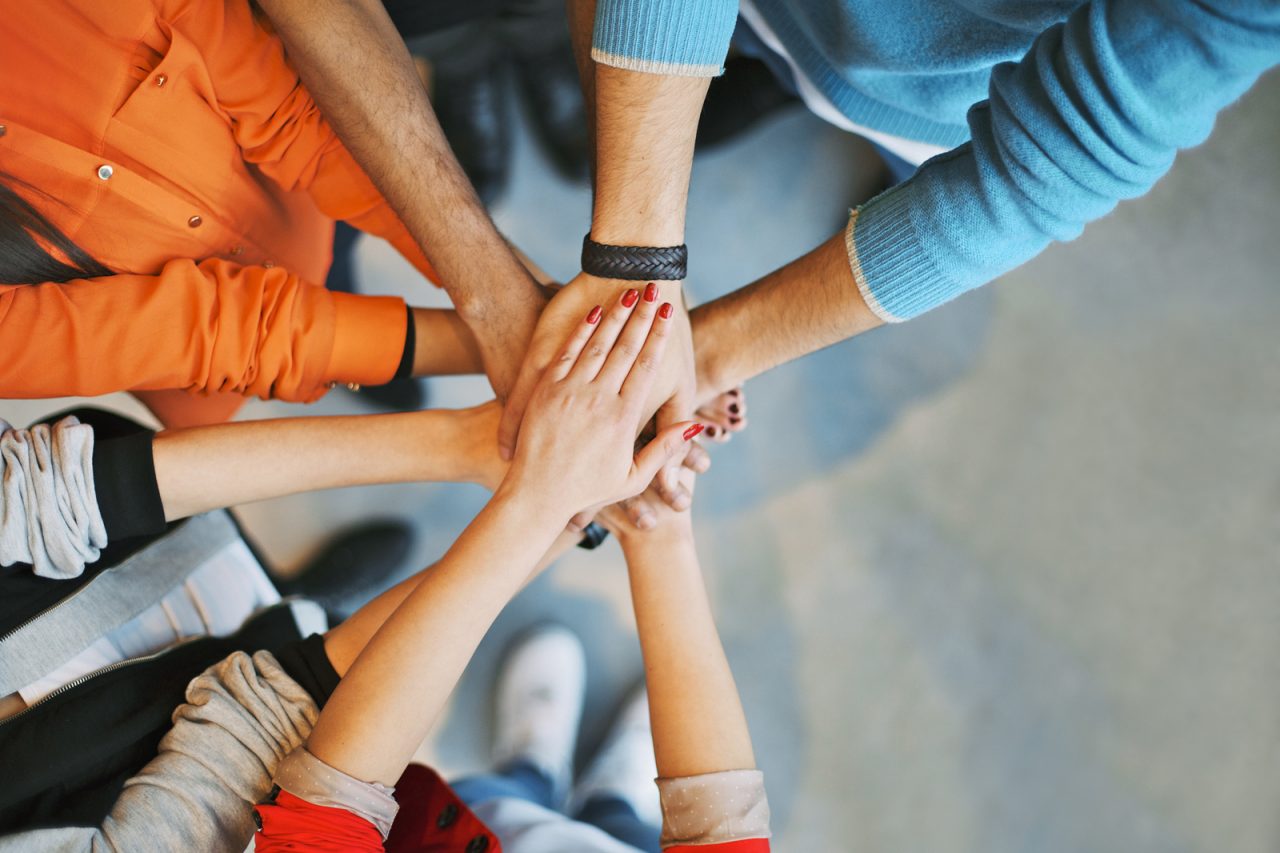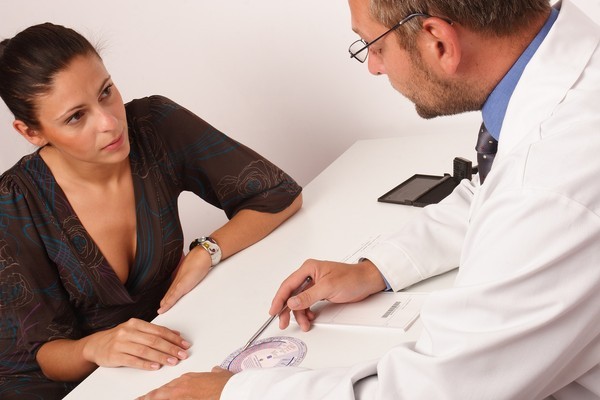Seeking hope for the holidays? Consider the following:
Stan has stable chronic leukemia that requires little anticancer treatment. However, because it has damaged the function of his bone marrow, he requires frequent red blood transfusions. With those infusions he is able to work, travel and enjoy his family. Without blood, he would die in less than two months. The other day I was writing the medical order to give him a packed red cell transfusion (PRBC), when Stan made a remarkable observation. This would be his 368th unit of blood.
If you think about that number, 368 pints of donated blood, it should send shivers up your spine. This means that 368 people stretched out their arms so that this man can survive. In a world where we fret about selfishness, corruption, violence and social isolation, this is an incredible act by individuals and our society. Not convinced?
Each pint of blood requires about 200mg of iron. In order to get that 200mg of iron we need to eat foods which contain it. However, because we do not absorb most of the iron in our food, on the average only 10%, that means that we need to eat food containing 2000mg of iron in order to make one unit of blood. The problem is that there is not a lot of iron in most food.
While super-iron foods such as dried black pepper and parsley may contain 124mg of iron in 100mg of herb, not many of us could stomach the 40-cup serving needed to make one unit of blood. Clams or oysters are also high on the iron list, but in order to give that one donation one must consume 16 pounds of the shelled beasts. Liver? 25 pounds. Spinach? 333 cups. Tofu? An entire barrel. Raisins? 2500 boxes.
Think of it as a giant Christmas Iron Feast; the 368 people who donated to Stan not only gave their time, and weathered discomfort, they purchased, prepared and ate the equivalent of;
– 631 chickens
– 1996 cups of squash
– 44 bushels of peanuts
– 3140 lamb roasts
– 22 bathtubs of cereal
– 8864 chocolate bars
– 17,603 dainty spoons of caviar
– 288,572 prunes
– A 4 ton loaf of whole wheat bread
– And a can of tuna the size of a fully loaded and fueled 2005 Ford Excursion Heavy Duty Sports Utility vehicle, with Jet Ski in tow.
Moreover, this is just for Stan. Over 4 million Americans are saved every year by blood transfusions. Three gallons of blood are transfused every minute. Over 30,000 units of blood every day in the United States alone. Around the world 85 million units of blood are donated and infused every year, and the number is rising. That is a powerful and hopeful statement about the heart and altruism of the human community.
What do all those donors get for their sacrifice? Nothing, really. Just the satisfaction of knowing that, just maybe, they are helping another person to live another day. In Stan’s case, it has been not just days, but years and years. Even not wrapped, nor bought at a midnight sale, that is a holiday gift beyond measure.







5 Comments